Photographing the Incredible Beauty of Wildlife and Landscapes While Exploring Close to Home
There’s not a day that goes by that I don’t consciously appreciate where I live, or that I have the ability and means to enjoy photography in this area. Sometimes that means simply heading out to my garden, and sometimes that means taking a trip to the coast. If I’ve planned ahead well, it means traveling to various locations in the western United States and beyond. The variety and incredible beauty of the wildlife and landscapes that are found here are abundant. I’ve barely scratched the surface. Yet, I can visit the same place over and over while still walking away with unique photos. This holds true for the Point Reyes National Seashore.
Point Reyes National Seashore
Until a few years ago, I had only visited the Point Reyes area probably twice. I would explore the area and photograph landscapes in which I thought had nice lighting or interesting lines or formation. But, later I learned that this area was wonderful for wildlife. Isn’t it funny that you look right past something until it is on your radar, and then you see it everywhere? That’s what happened with me and Point Reyes National Seashore. Once I discovered the abundant wildlife opportunities there, I saw them everywhere!
It also helped to have a couple of like-minded fellow photographers who were interested in wildlife photography. We hired a guide and he was able to find, point out, and lead us to a plethora of animals.
I am really not good with identifying birds, but I’m learning, sometimes even surprising myself!

Happy Sparrow

Jack Rabbit

Bobcat
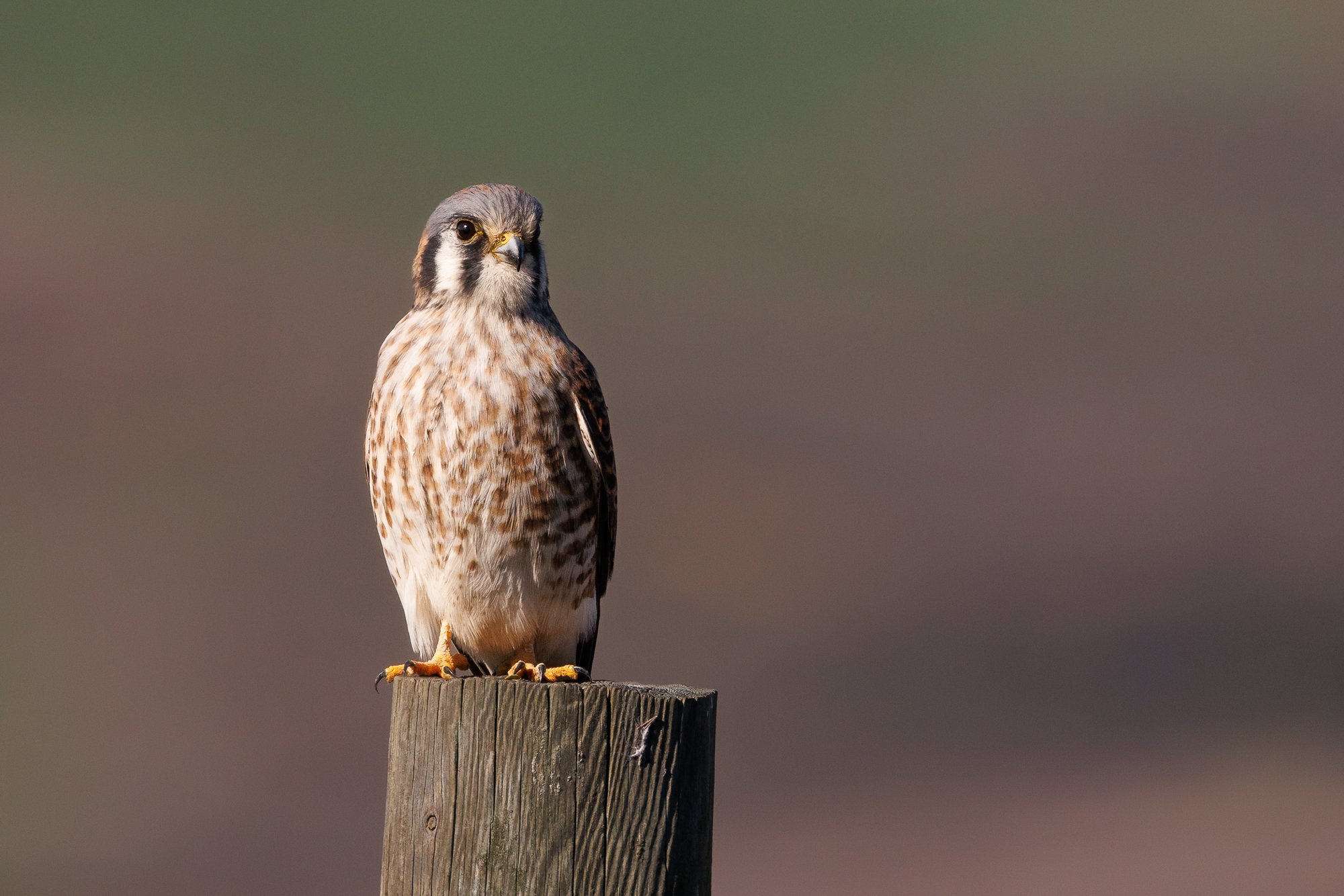
Kestrel
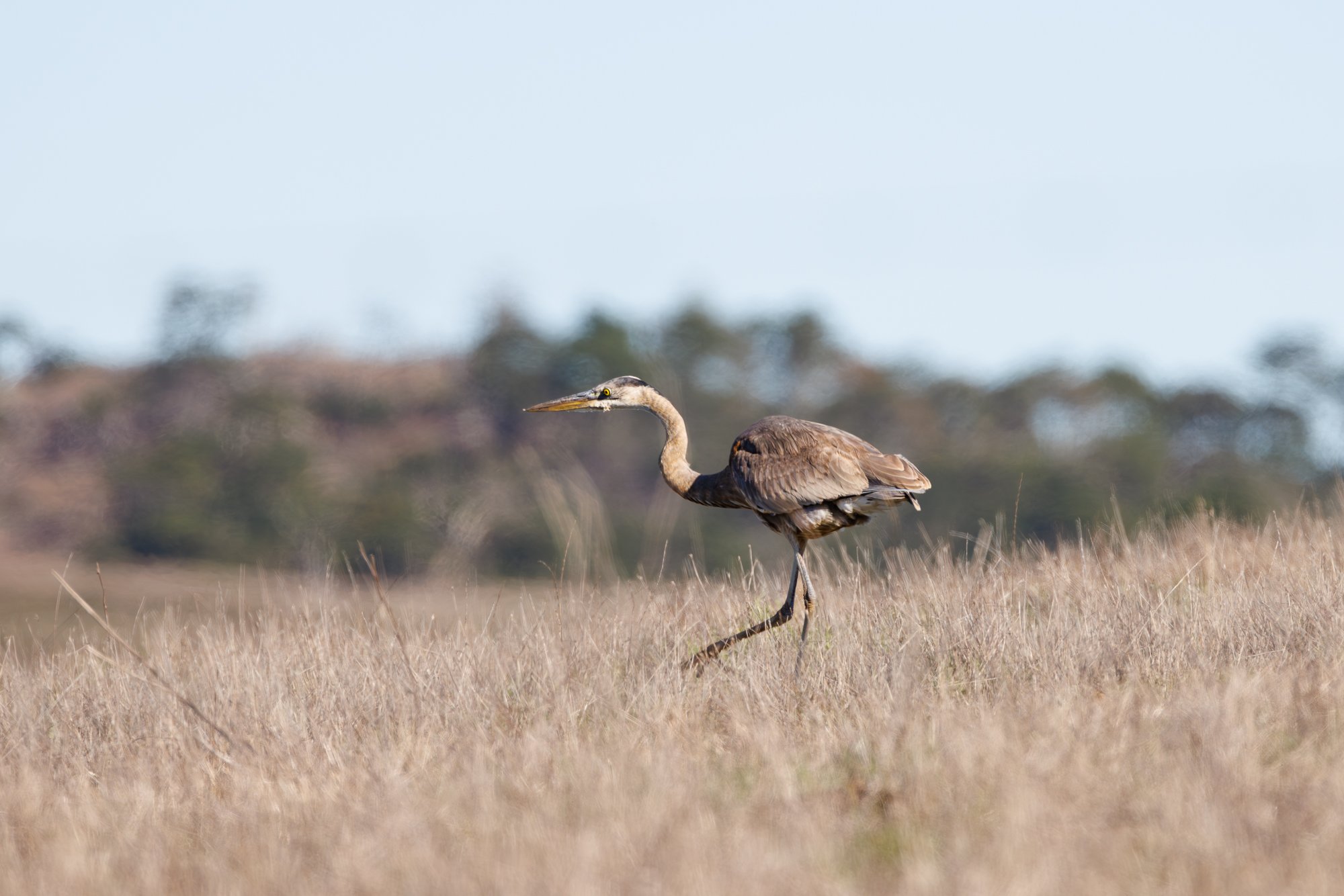
Great Blue Heron
Recently, I was inspired to stay a little closer to home since I’ve enjoyed so many wonderful trips in the last few months. I think it is important to find the beauty at home as well as distant locations. Sometimes I forget what a gorgeous area this is and that many people travel HERE to Northern California to photograph landscapes and wildlife.
From past trips
I hope you are able to explore close to your home and find some interesting subjects to photograph. I’d love to hear about your favorite places to shoot both near and far. Make it a great week!
Can’t find what you’re looking for? Use the Search option below.
I found the grounds of Arlington, the headstones, and the Tomb of the Unknown Soldier to all be beyond my expectations. Watching the Honor Guard sentinels and the changing of the guards, knowing this occurs 24-7-365, is sort of hard to wrap my head around.
As my interests evolved in photography subjects, I became interested in wildlife and, ultimately, birds. Because birds are everywhere, they are just such a great subject. Each year during the winter there are thousands of sandhill cranes in the valley who over-winter here.
The eastern Sierra is a huge draw in the autumn because of the beautiful fall color. From the rugged tufas and amazing fall color to the wild horses in the area, there is always an abundance to see and photograph this time of year.
Autumn! Like many of you, it's my favorite time of year. After a warm summer (okay, HOT), the cooling temperatures are welcome. Crisp mornings and cool evenings with lovely, comfortable days. They're the best! But those changing colors are what I really look forward to in fall.
Scenes of Glacier National Park. July 2021 was the month that I headed to Montana to attend a landscape workshop in Glacier National Park. Glacier is a national park that I'd been wanting to visit for some time.
Common loons, known for their haunting calls and striking black-and-white plumage, are iconic waterbirds found in North America. Their fascinating behaviors during the breeding season, particularly in caring for their chicks, offer a glimpse into the intricate dynamics of avian family life. Unfortunately for me, we do not have many loons in Northern California near where I live.
From the first time I heard the call of loons on a nature program on TV, I was captivated! The calls of the loons seem a bit forlorn, mysterious, and a somewhat haunting. I wanted to see, hear, and photograph them in person. British Columbia was just the place!
Nesting on power poles might not be the first place that comes to mind when thinking about birds building their homes, but for ospreys, it's a common occurrence that showcases their adaptability and resilience in the face of changing environments.
When we planned our trip to Montana/Wyoming in early May there were a few things we expected. We expected to see bison, maybe coyotes, beautiful scenery, and hoped for bears and other animals. We expected the weather to be chilly. And, we planned to stay in a comfortable hotel, eat good meals, and DRIVE A LOT! We didn’t expect to see the amazing Harlequin Ducks in Yellowstone NP. Thanks to our guide, we did!
Several summers ago was a whirlwind. And, it all started with a trip to North Carolina to visit and photograph with my friends Kathy Roberts and Jennifer Carr. Kathy opened her beautiful home to us and created a photographer's dream schedule for us beginning with Roan Mountain on our first full day there.
There is a small greenbelt area in the center of a little town near where I live. As I was driving down the Main Street, I noticed a rookery in a large tree near the center of the greenbelt. It was full of great egrets and great blue herons as well as a few other smaller birds. I was so surprised to see them, but they have apparently adapted to city life. When I returned a few days later I was able to capture the snowy egrets’ courting ritual and nest building.
At first sight, the Alabama Hills landscape appears chaotic, full of lines and textures, and as with many new areas there is a feeling of ‘Where do I begin?” as you take it all in. This was my second visit to the area so at least this time, I had an idea of what a few of the photography possibilities were and where to go to achieve them.
Manzanar Relocation Center is one of ten ‘internment’ camp locations of the 40’s after the Japanese bombed Pearl Harbor and thus pulled us into WWII. Immigrants and CITIZENS of the USA with Japanese heritage were all required to leave their homes and belongings.
Surrounding oneself with nature is a sure way to renew, de-stress, and relax. That is exactly how I felt while visiting the beautiful coast and forests of the Northern California State Parks last summer. Because it is a bit remote in many areas, there is no cell coverage and no internet.
As my interests evolved in photography subjects, I became interested in wildlife and, ultimately, birds. Because birds are everywhere, they are just such a great subject. Each year during the winter there are thousands of sandhill cranes in the valley who over-winter here.
It’s time to say ' farewell, November ' and jump into December. So, it was nice to enjoy a quiet morning.When I got up to refill my coffee, I opened the blinds and saw the best thing ever! FOG!
I had high hopes for practicing some techniques I had recently reviewed for photographing waterfowl. With my equipment, a towel to sit on, and my coffee, it was an exciting prospect to achieve the images for which I was so hopeful.
When we planned our trip to Montana/Wyoming in early May there were a few things we expected. We expected to see bison, maybe coyotes, beautiful scenery, and hoped for bears and other animals. We expected the weather to be chilly. And, we planned to stay in a comfortable hotel, eat good meals, and DRIVE A LOT! We didn’t expect to see amazing Harlequin Ducks in Yellowstone NP. Thanks to our guide, we did!
With the changing seasons, birds are migrating through the Pacific Flyway here in Northern California. There are some waterfowl who hang around all year and feed in the flooded rice fields. Once such species is the white faced ibis.
The roads were icy, the air was freezing, and there was snow everywhere. We arrived in Calgary just after their first major snow storm of the season. In the early morning hours while it was still dark, our guide picked us up and we were on our way to find, see, and photograph the Great Gray Owls of Alberta that live in the forests an hour or so outside of Calgary.
Intimate views of the landscape of Death Valley reveal nature-made mosaics full of color and texture. I was viewing landscape mosaics, artistic patchworks of rocks, minerals, and soil in colors that are not my idea of a typical desert scene. A desert landscape is shades of brown and tan, or so I believed. This was not Death Valley National Park as I remembered it.
It’s mating season for the Mute swans and they perform a very elegant mating ritual which we wanted to photograph. We had gotten to our destination at daybreak when the geese, swans, and other wildlife seemed to be just waking up. It was quite calm and peaceful without much activity.
Traveling to Death Valley, I knew ahead of time what to expect. I'd been there before quite a few years ago. But, this wasn't the Death Valley I remembered!
I enjoy shooting multiple genres. So a couple of years ago, I began learning to shoot wildlife - mainly birds. The Sandhill Cranes are one of the species that occupy our area during the late fall and winter. Armed with only a brief description the location in which I might find them, I headed out very early to locate and photograph them. It's hard to find birds, even very large birds, when it is still dark. But, I did.
* * * * * * *
As a published, featured northern California fine art photographer living in the greater Sacramento area, I specialize in fine art landscape and still life photography. My style is authentic, fresh and personality-driven. I offer several educational opportunities including workshops and photography mentoring. You can learn about them by going to SERVICES. While currently living in rural northern California with my husband and a couple thousand walnut trees, I post regularly to Instagram.
Please CONTACT ME with any questions or to schedule your learning session.
Serving Yuba City/Marysville, East Nicolaus, Wheatland, Lincoln, Woodland, Davis, Roseville, Rocklin, and the greater Sacramento area.
(530) 633-7575
Join other advanced photographers who are recognized for their technical and creative work. Learn more HERE.

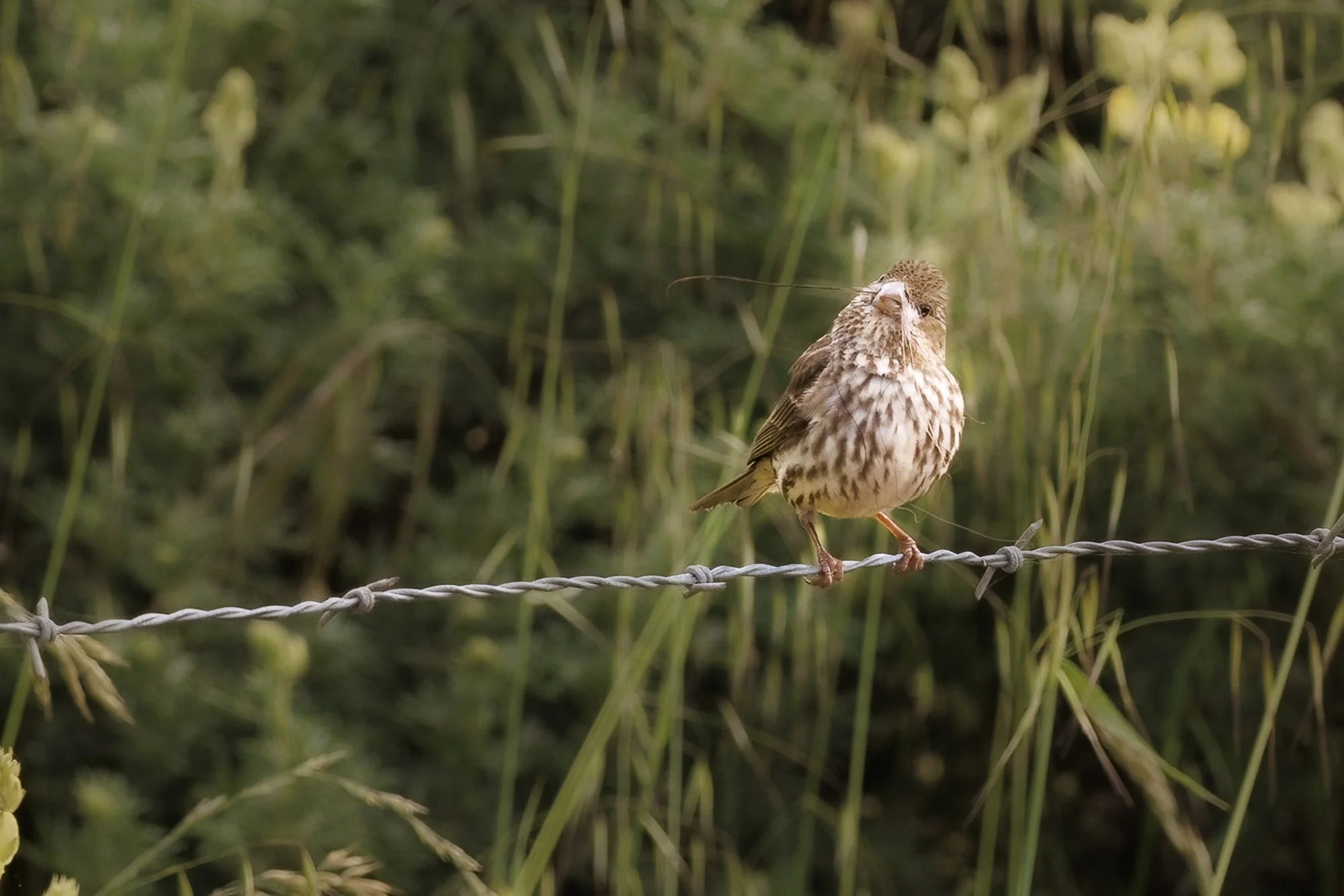


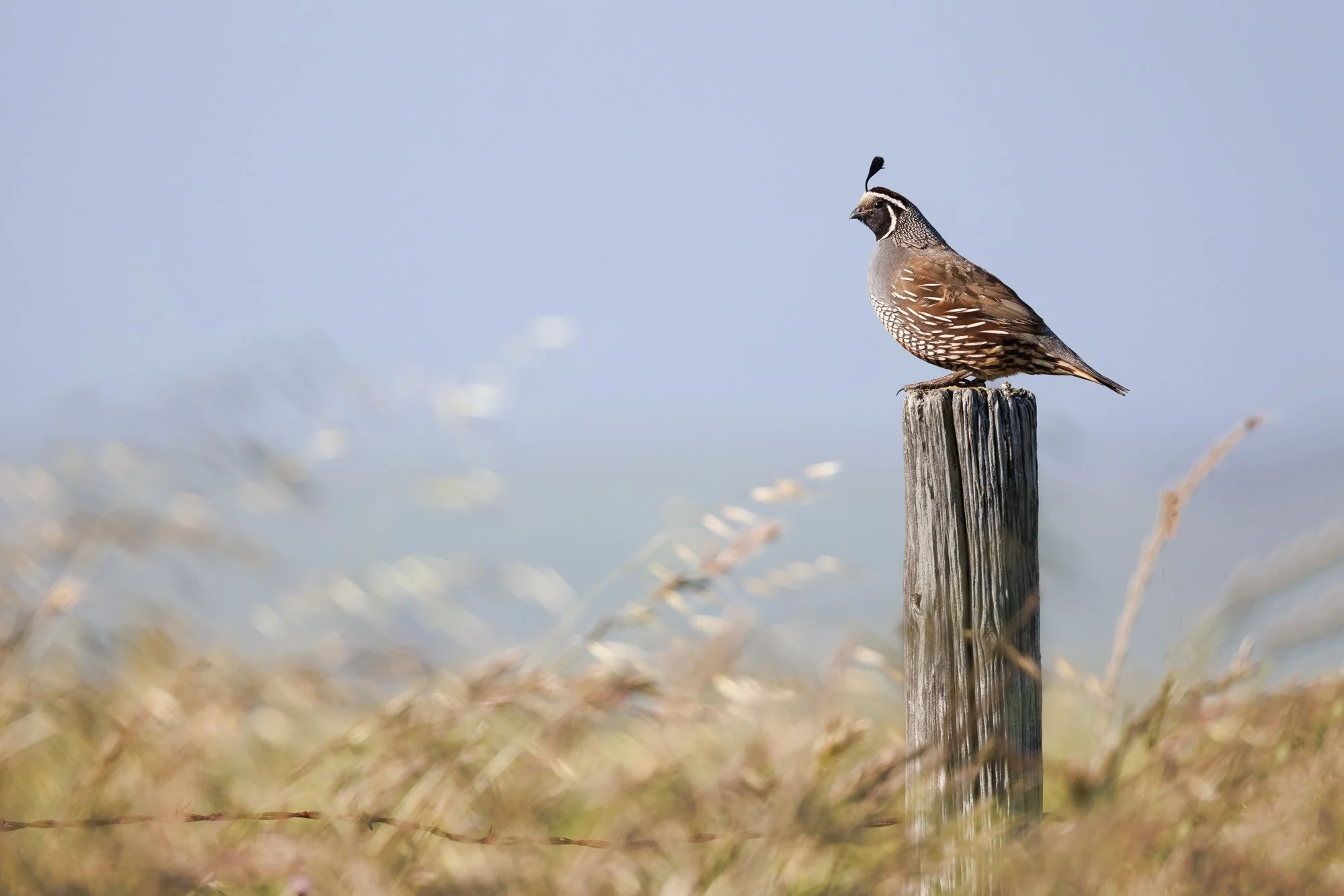














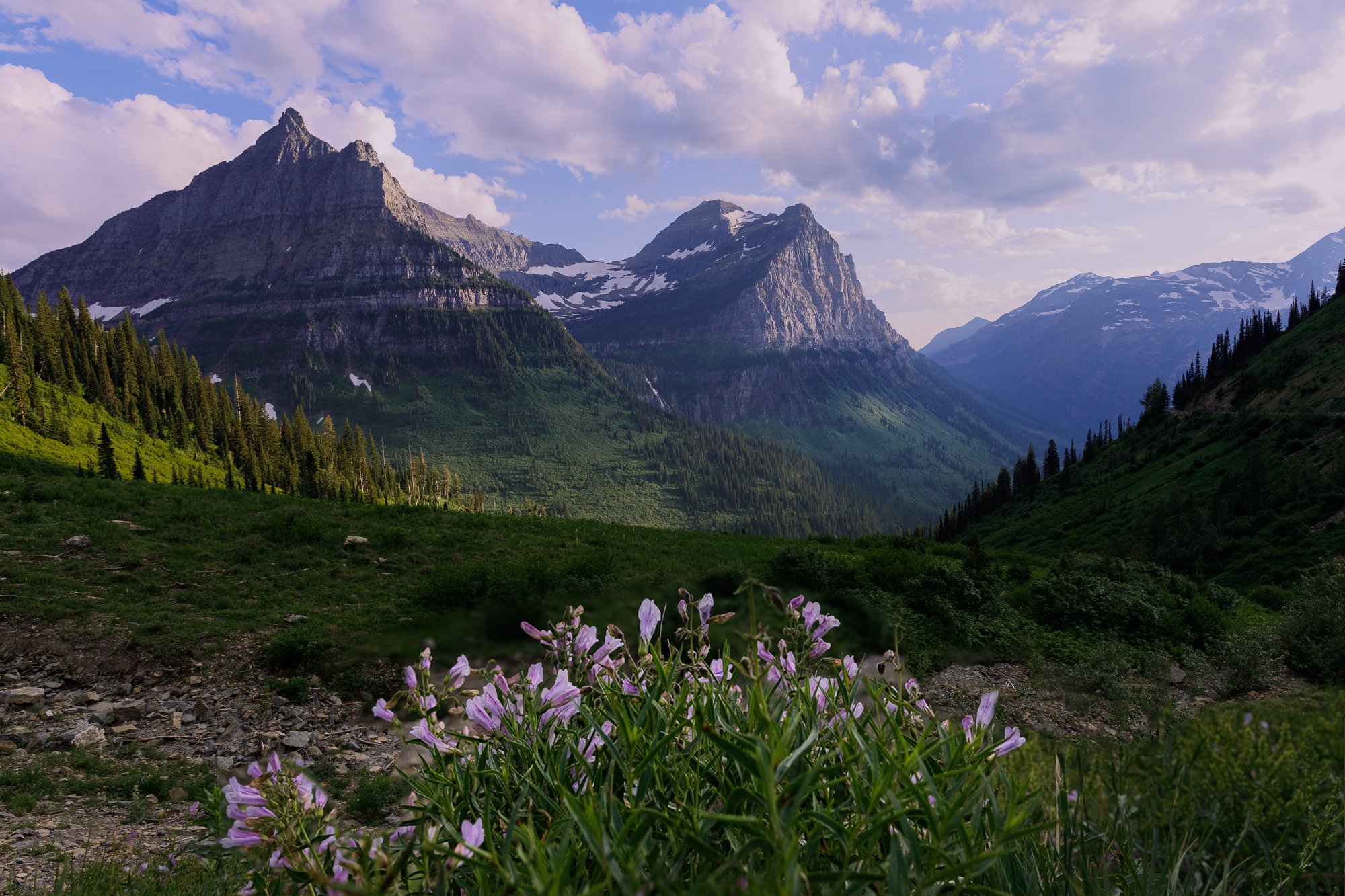
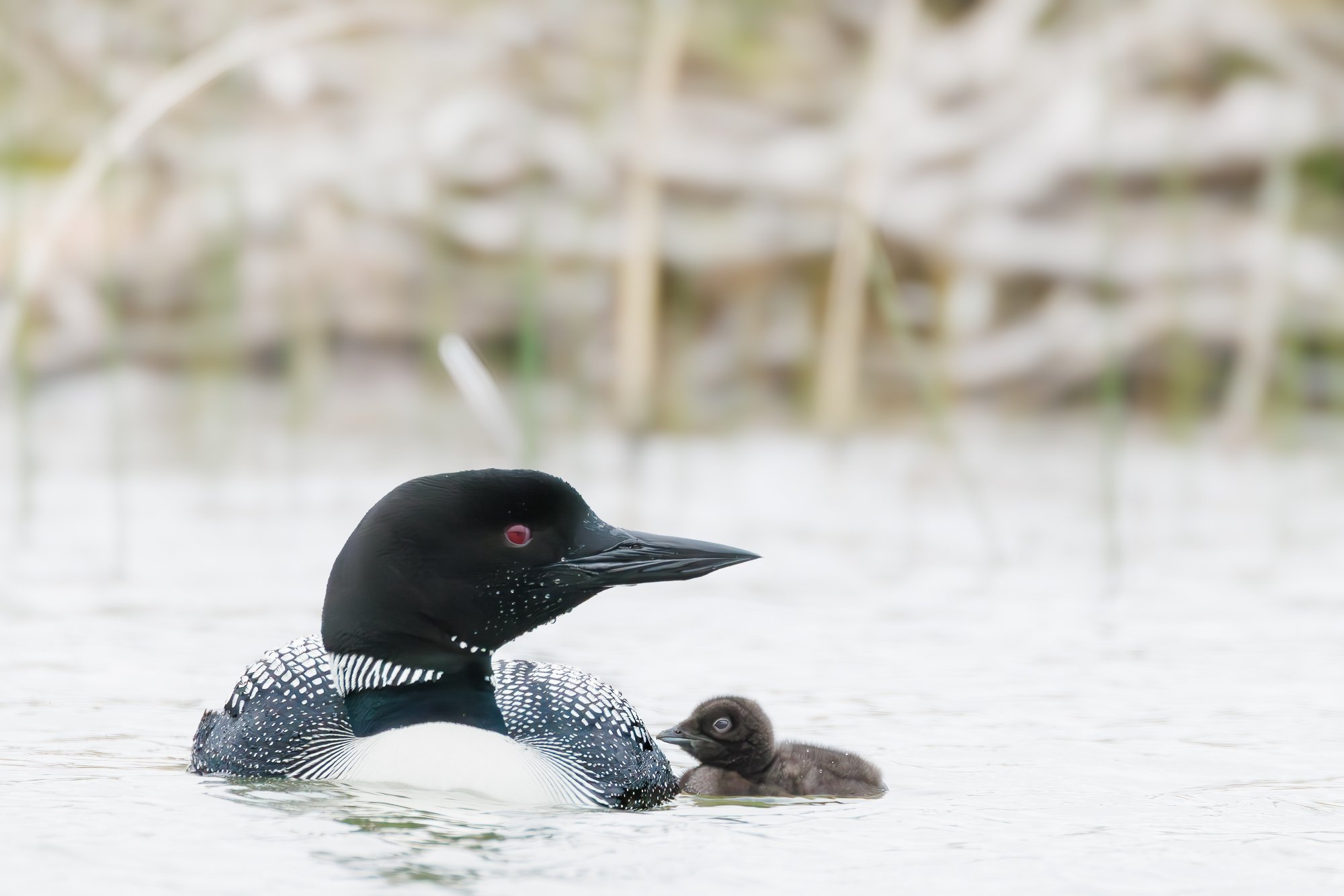

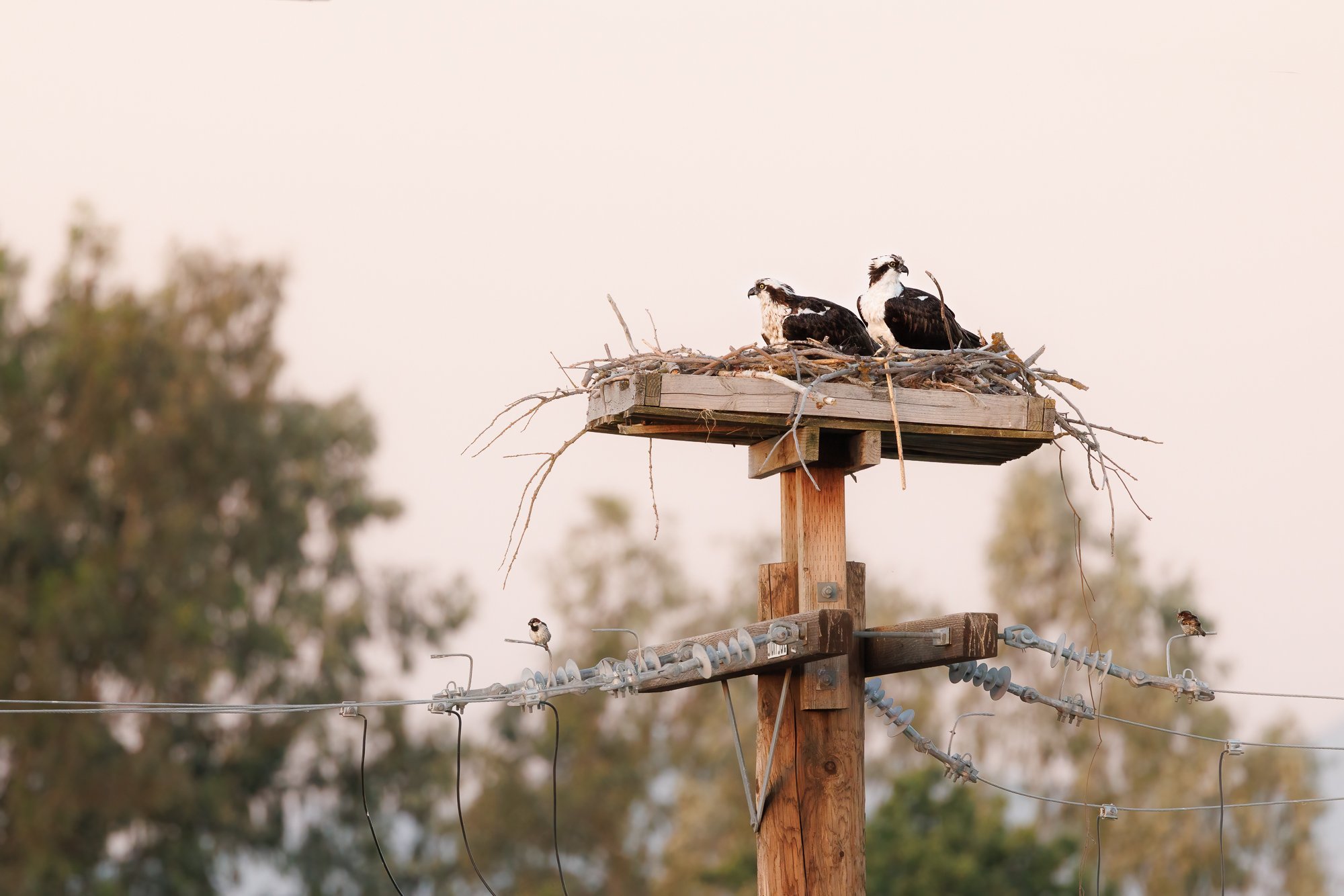







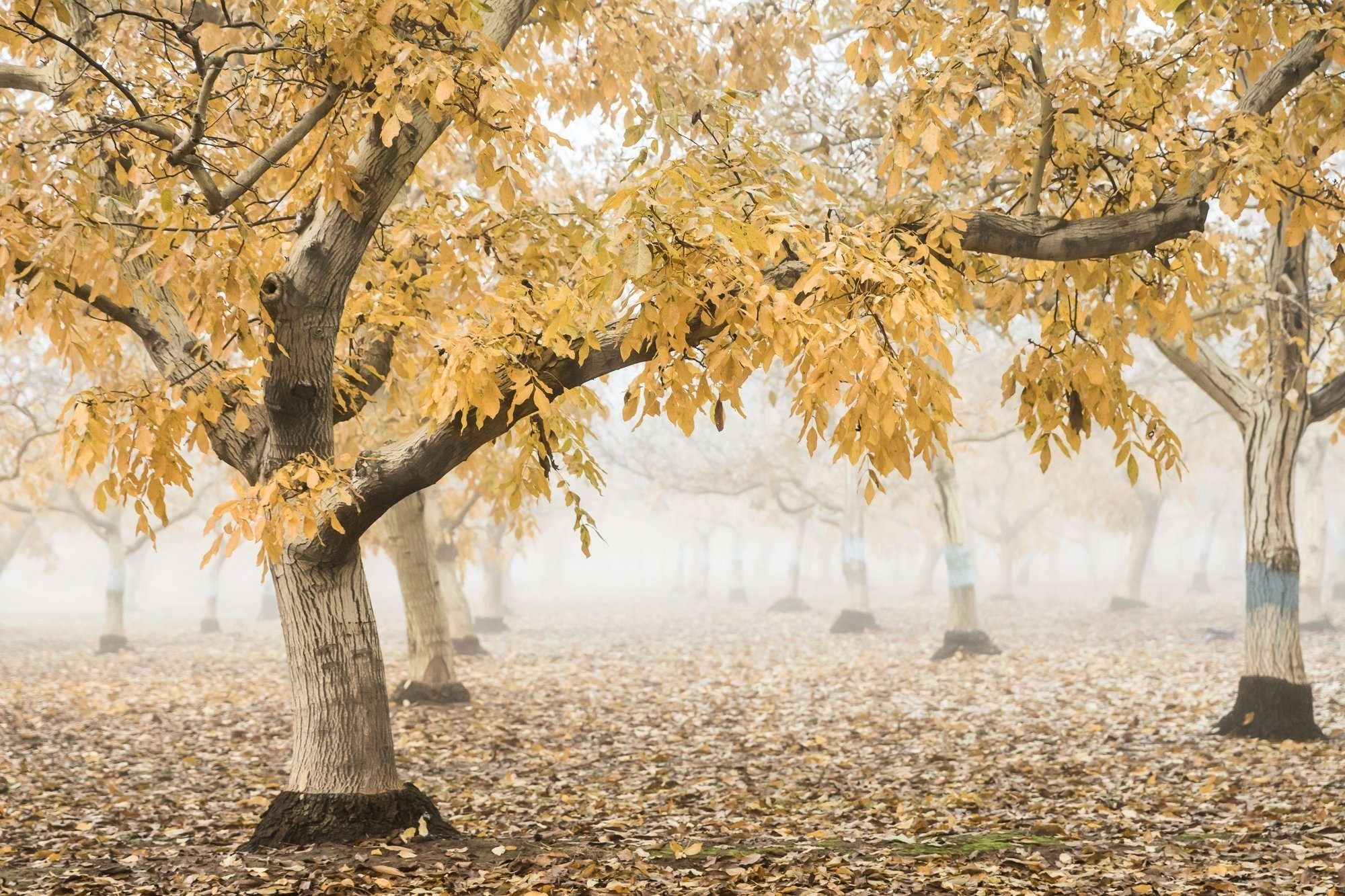
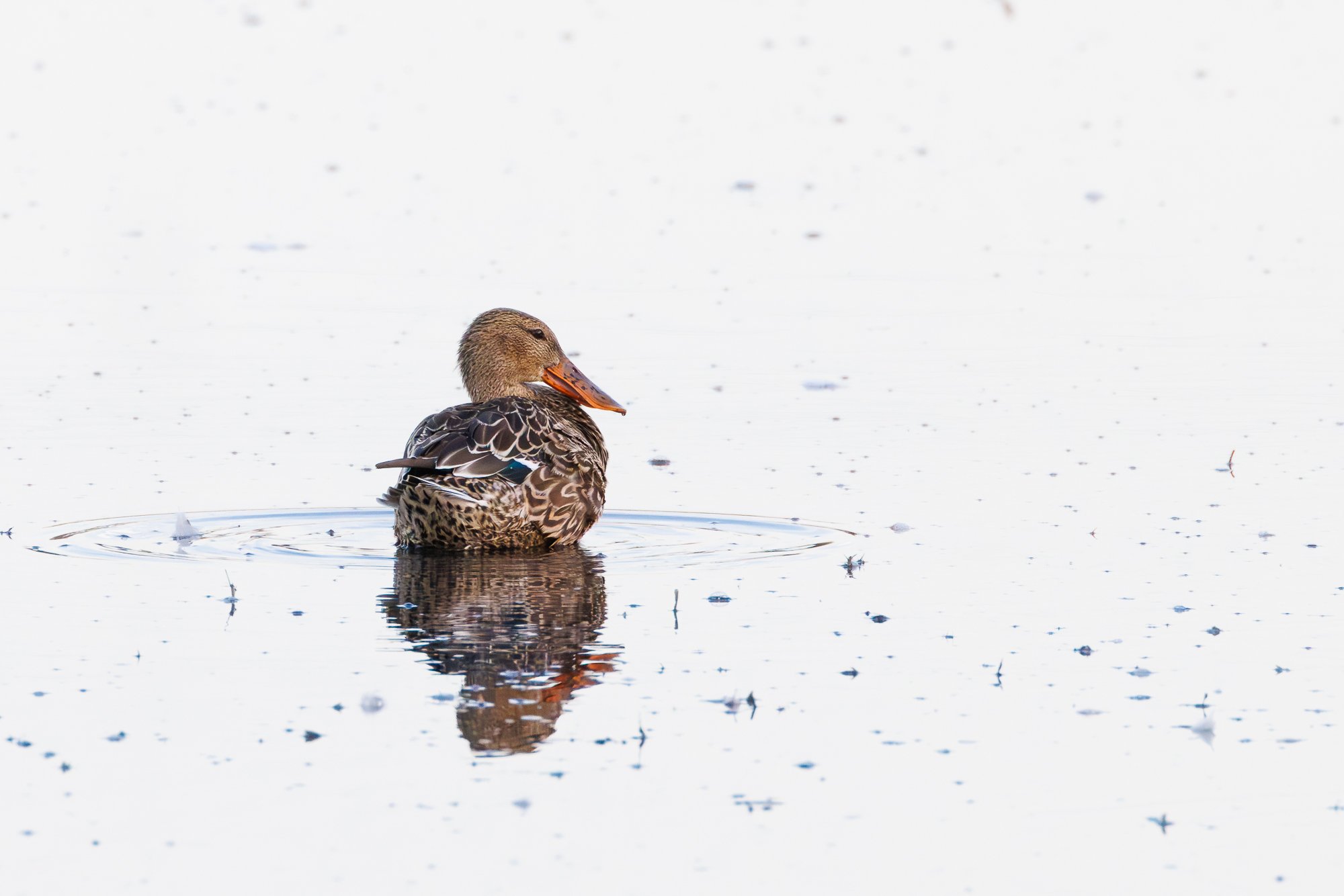
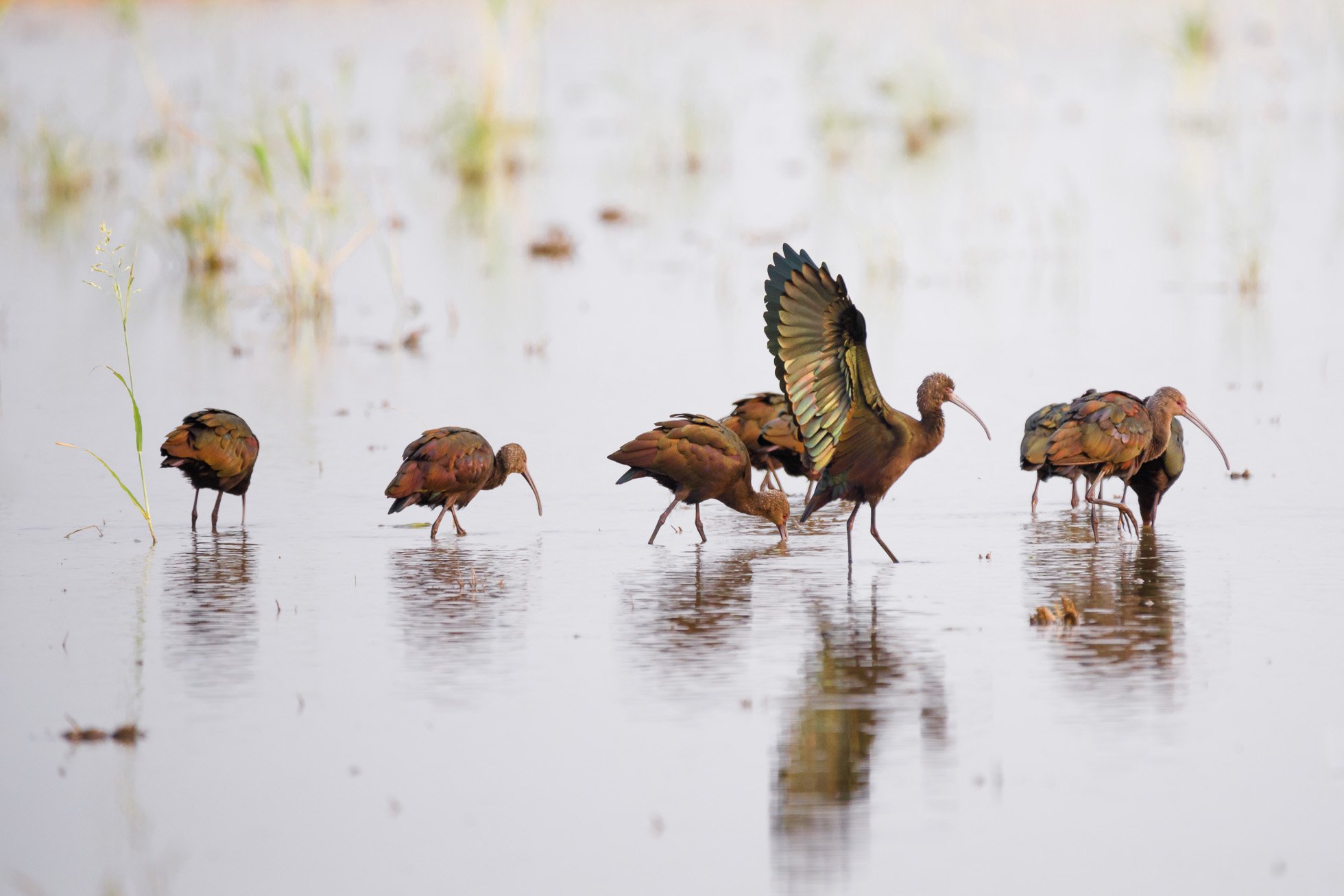


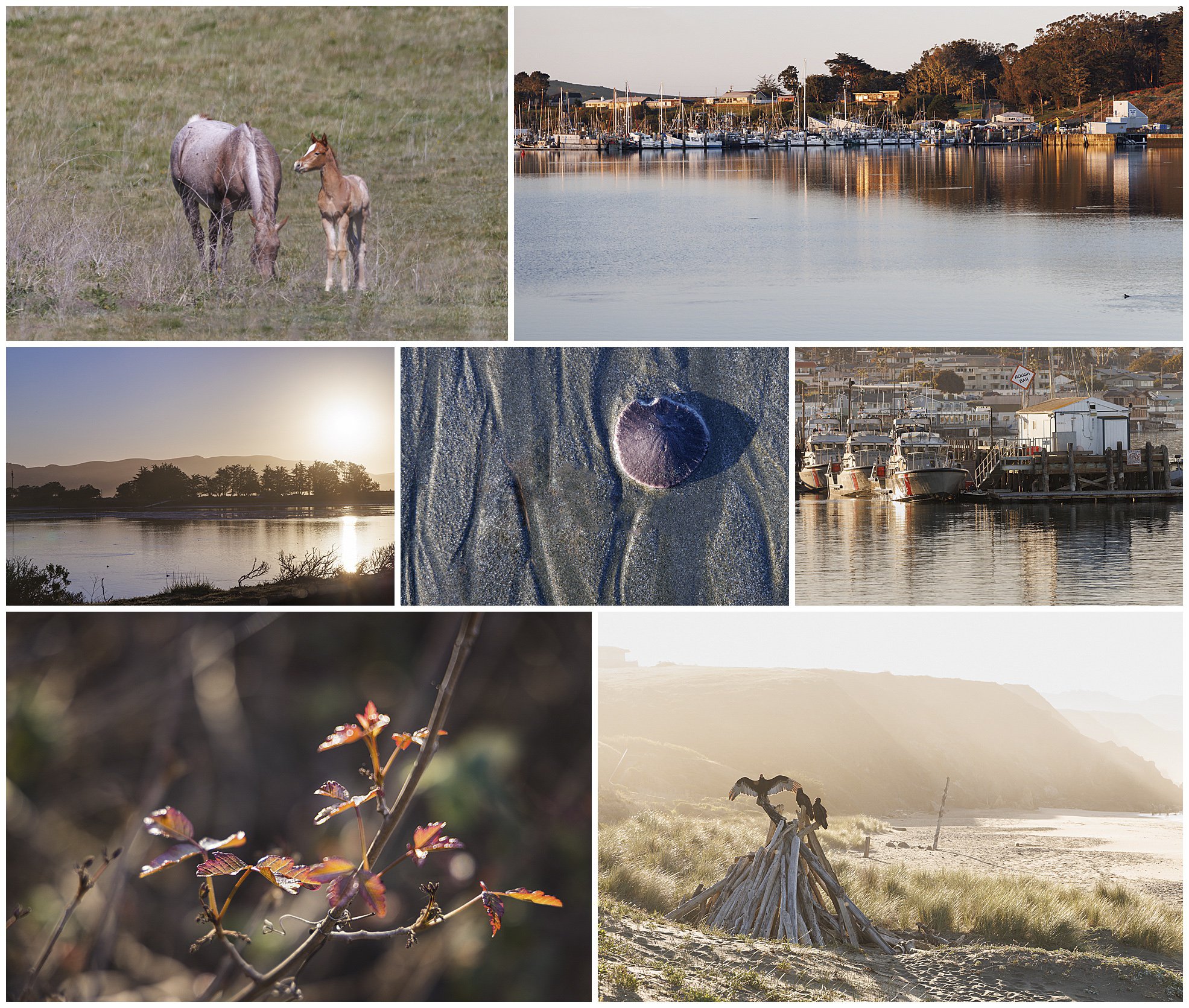




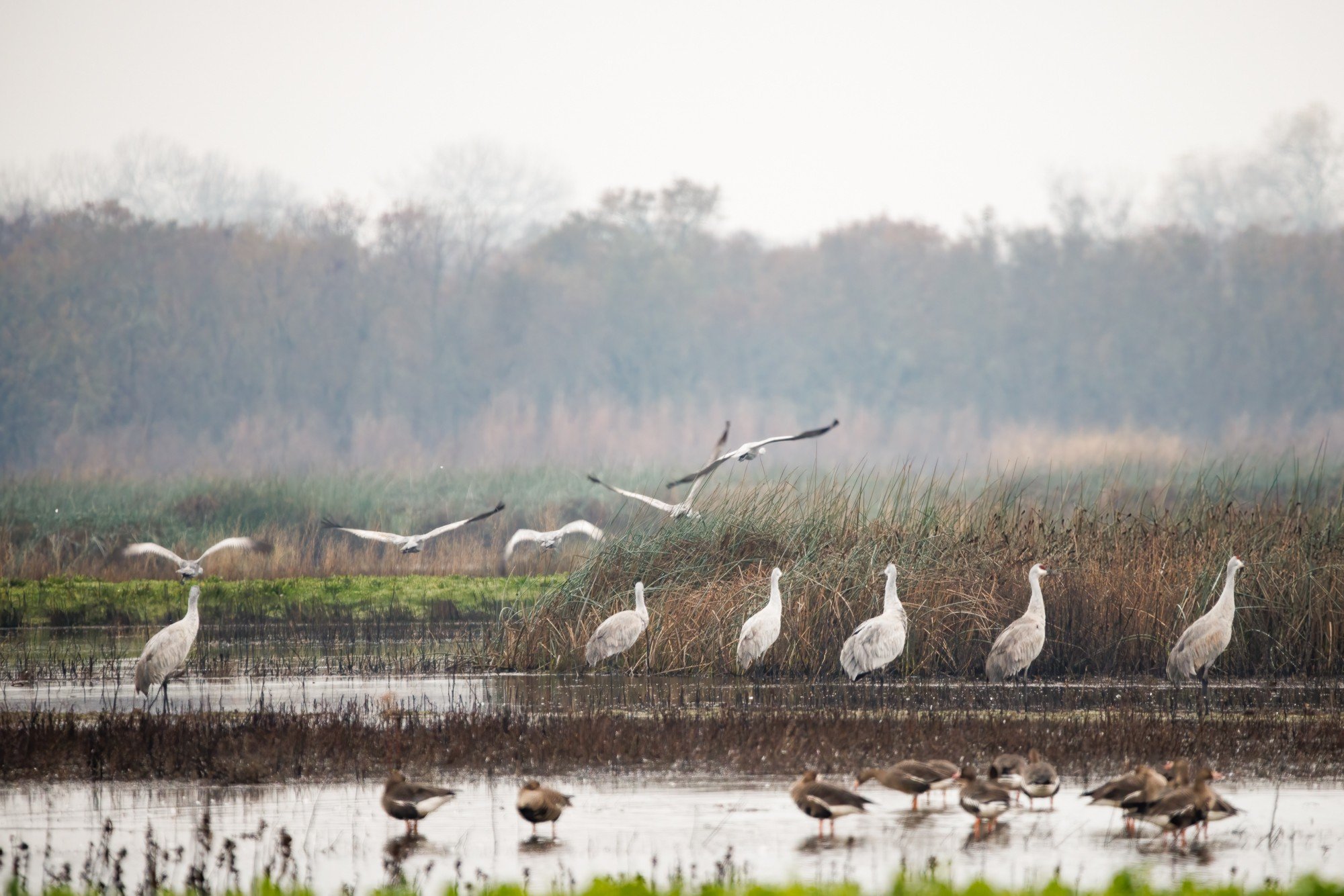
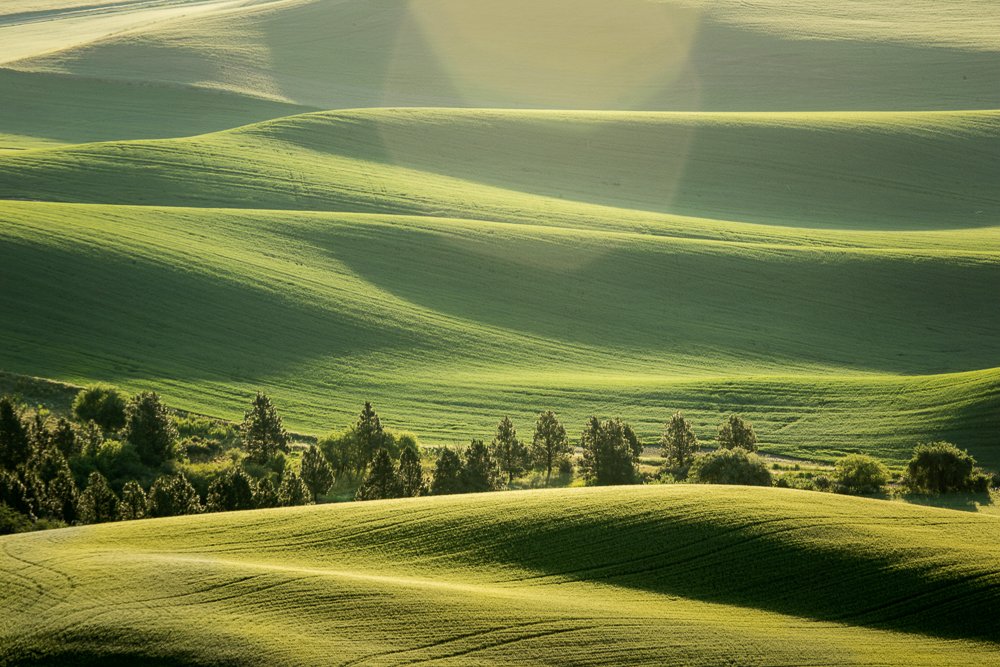






Friends have been posting photos from a very snowy Maine. Beautiful! It prompted me to take a look back at my trip there a few years ago. Several friends and I were lured there for a still life photography workshop.